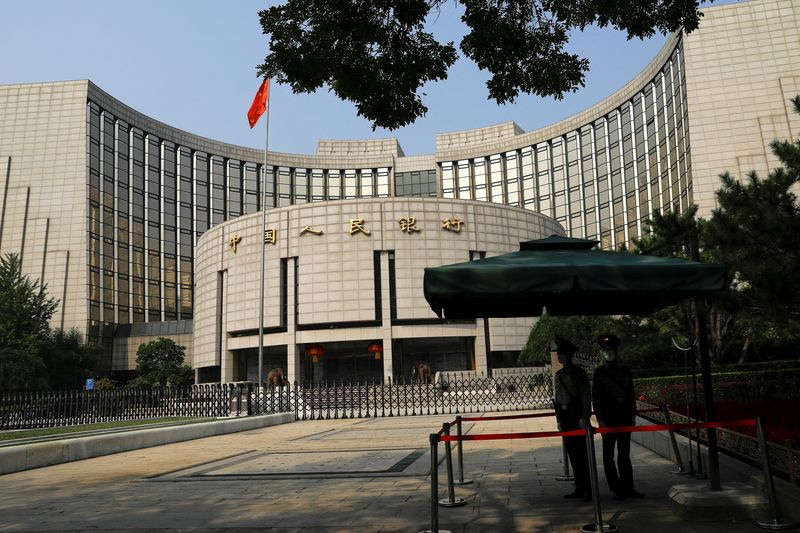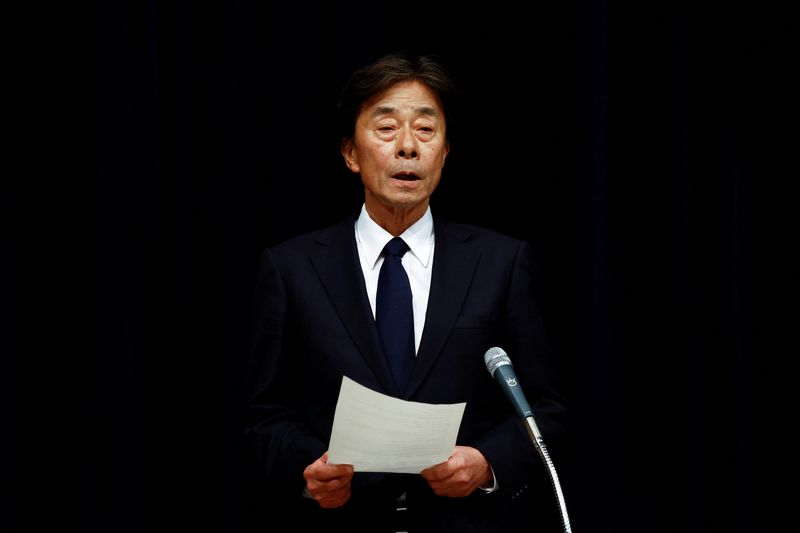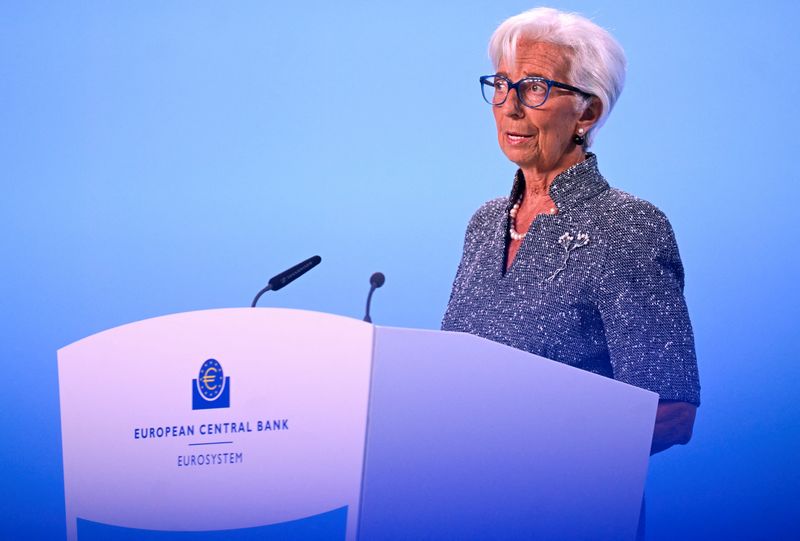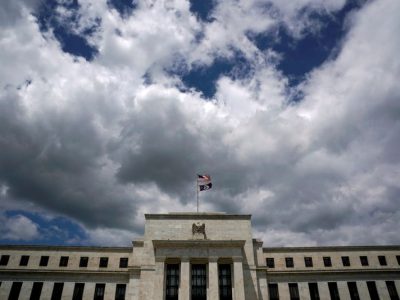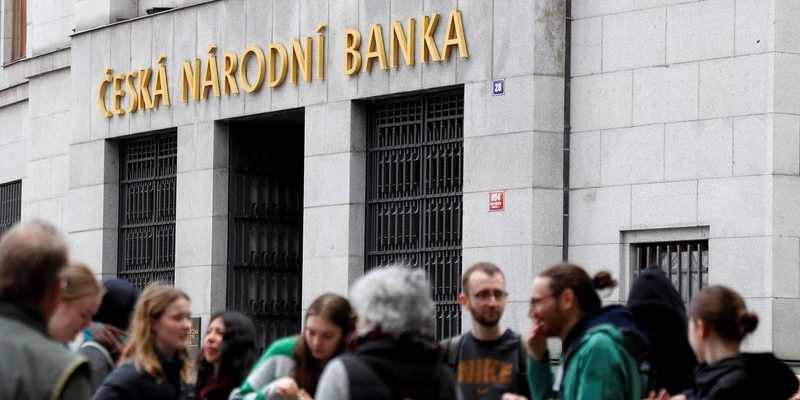
By Jan Lopatka and Jason Hovet
PRAGUE (Reuters) – The Czech National Bank can continue easing monetary policy amid weaker growth abroad and a slow domestic demand recovery, but must be mindful of inflation hotspots, especially in the services sector, rate-setter Jan Prochazka said.
The central bank has cut its main rate by 275 basis points since December, taking it to 4.25%. It opted for 25 basis-point reductions at its past two meetings, smaller than previous ones.
Markets expect another cut at its next meeting on Nov. 7, when the bank will also assess an updated economic outlook. Weaker growth in Germany and lower euro zone market rates were likely to push some forecasts lower, Prochazka said.
“For 2025, we have a GDP forecast of 2.8% growth, which is above potential, and I simply don’t think growth will be that high,” he said in an interview on Wednesday.
He said a “bad mood” remained among consumers, which was seen in the retail sector, but that “people should not be concerned that a recession is coming”.
With consumer demand still sluggish after the inflation surge of recent years, the Czech economy grew 0.6% year-on-year in the second quarter and the central bank forecasts a 1.2% rise in 2024 as a whole.
On the inflationary side, service sector prices continue to rise at around a 5% pace, keeping overall inflation above the 2% target, albeit within the bank’s 1 percentage point tolerance band.
“The economy is weak, and it will get worse on the external front – that is a reason why we could potentially ease (policy) even more,” Prochazka said.
“On the other hand… (rising) services prices are not just the tail end of an inflation wave, they can also be new hotbeds. Therefore, we need to be careful.”
Prochazka said decisions would be made on a meeting-by-meeting basis, assessing foreign developments and the impact on the crown currency, which is down 2% against the euro from the start of the year.
“We intend to continue easing, but I am not going to release the brake all the way,” Prochazka said, adding inflation would likely break 3% in December before easing back within the bank’s tolerance range.
TAKING STOCK
Rate-setters will also discuss the impact of their decision to double the size of banks’ minimum reserves deposited interest-free at the central bank to 4%.
Prochazka said the decision was at this point a one-off, and the bank did not expect it to affect its interest rate path.
He said he also expected modifications in the way the bank makes policy from three external reviews underway.
Recommendations could include improving how forecasts and policy decisions are made and communicated, which should lead to “more consistency in the economic story and less sensitivity to new pieces of information”, Prochazka said.
The reviews came after the board opted in late 2022 and early 2023 not to follow the bank’s model for some previous decisions.
“I expect a change,” Prochazka said. “It will be evolutionary.”


